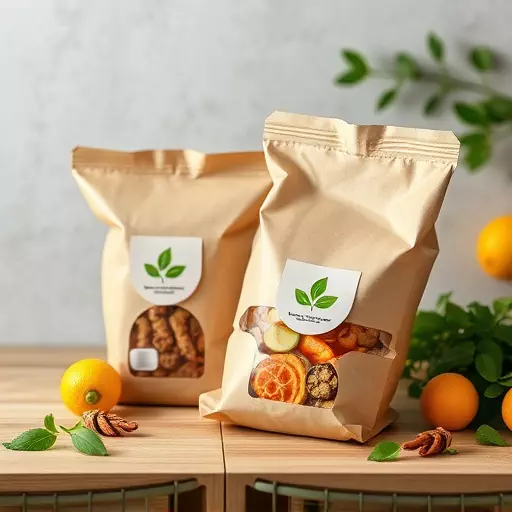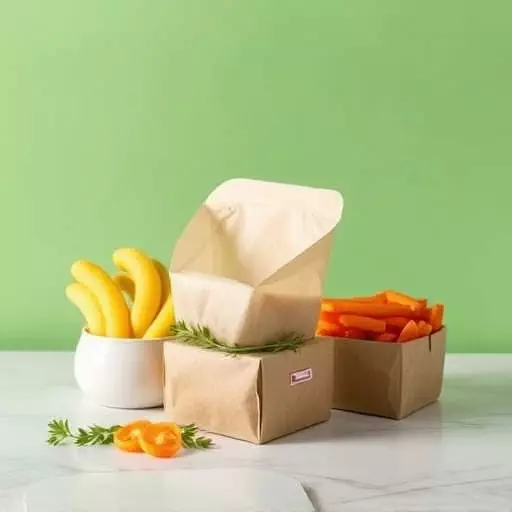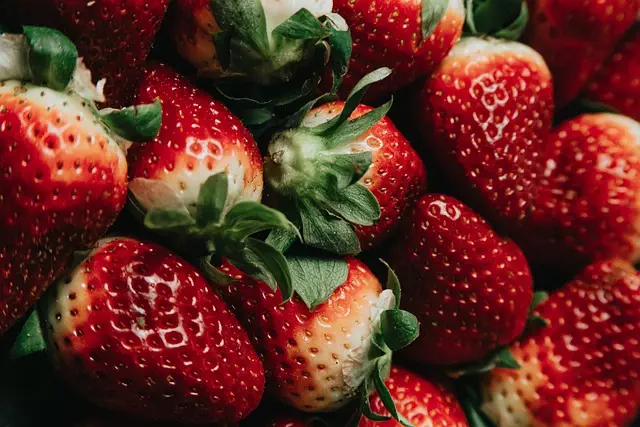The global shift towards sustainability in food packaging is driven by the growing population's demand for convenience foods and the harmful environmental impact of traditional plastic packaging. Custom food packaging made from eco-friendly materials like biodegradable plastics, paper, or cardboard is gaining popularity due to its reduced carbon footprint and consumer appeal. Innovations in materials science offer functional alternatives with benefits like moisture resistance and printability, while increased consumer demand for compostable options encourages businesses to adopt greener practices, ultimately pushing the industry towards effective and sustainable food packaging solutions.
The global food industry is at a crossroads, with a growing demand for sustainable food packaging solutions to mitigate the environmental impact of traditional packaging. This article explores the urgent need for eco-friendly alternatives and delves into several key aspects: from global shifts towards compostable options to the art of custom food packaging that caters to both consumers and the planet. We also uncover innovations in compostable food packaging technology, highlighting advancements, challenges, and future prospects.
- The Need for Sustainable Food Packaging Solutions
- – Exploring the environmental impact of traditional food packaging
- – Global shifts towards sustainable and compostable alternatives
The Need for Sustainable Food Packaging Solutions

The rising global population and increasing demand for convenience foods have led to a corresponding surge in non-biodegradable, single-use plastic packaging. This has resulted in significant environmental pollution, with plastic waste ending up in landfills and oceans, taking hundreds of years to decompose. The need for sustainable food packaging solutions is more urgent than ever. Custom food packaging plays a pivotal role in this transition by offering environmentally friendly alternatives that can replace traditional plastic options.
Businesses are now seeking eco-conscious ways to package their products, driving innovation in materials science and design. Biodegradable and compostable materials derived from renewable resources like plant fibers, algae, and mushroom mycelium provide viable food packaging solutions. These materials not only reduce environmental impact but also offer functional benefits such as moisture resistance, barrier properties, and printability, making them attractive alternatives to conventional plastic packaging.
– Exploring the environmental impact of traditional food packaging

The environmental impact of traditional food packaging is a growing concern. Single-use materials, such as plastic and foam, contribute significantly to pollution and waste, with many taking centuries to decompose. The search for sustainable food packaging solutions has become paramount in light of these issues. Custom food packaging, designed with eco-friendly materials like paper, cardboard, or biodegradable plastics, offers a promising alternative.
These greener options not only reduce the carbon footprint associated with production but also minimize the harm caused by improper disposal. As consumer awareness about environmental sustainability increases, the demand for compostable and recyclable food packaging is rising. This shift encourages businesses to adopt more eco-conscious practices, ensuring that their custom food packaging aligns with the growing need for sustainable food packaging solutions.
– Global shifts towards sustainable and compostable alternatives

In recent years, there’s been a notable global shift towards embracing sustainable and compostable food packaging solutions as consumers become increasingly conscious of their environmental impact. This growing demand is driving innovation in the industry, with many businesses now offering eco-friendly alternatives to traditional plastic packaging. Sustainable food packaging not only reduces waste but also minimizes the carbon footprint associated with food production and distribution.
As a result, custom food packaging that is compostable has gained significant traction, allowing brands to create unique, visually appealing, and earth-conscious packaging for their products. This trend is particularly noticeable among companies aiming to differentiate themselves by adopting green marketing strategies, appealing to environmentally conscious consumers who are more likely to choose sustainable food packaging options over non-biodegradable alternatives.


